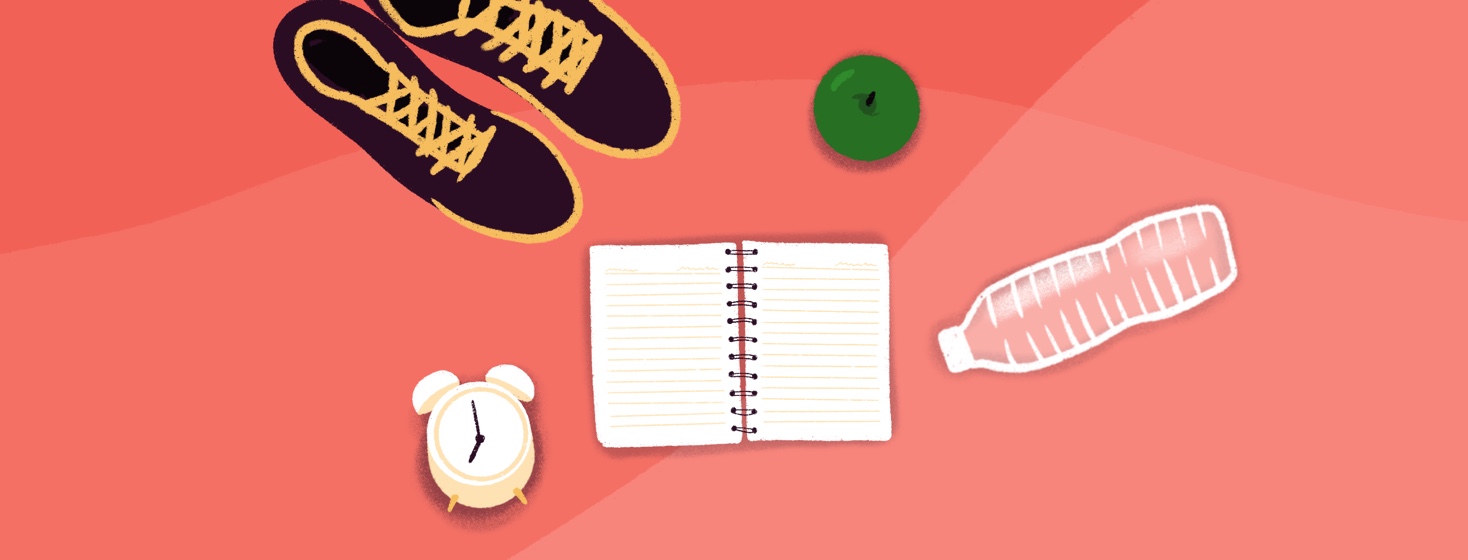Maintaining a Routine in Challenging Times
As living creatures, we are biologically wired to thrive on routines. Have you ever heard of circadian rhythms? According to the NIH, "circadian rhythms are physical, mental, and behavioral changes that follow a daily cycle. They respond primarily to light and darkness in an organism's environment."1
Sleep is the most significant circadian rhythm in most people’s lives. We are programmed to sleep at night and be awake during the day. Think about how badly you feel when you are jet-lagged after a flight. This is because your internal circadian rhythm has been disrupted. Prolonged sleep deprivation is considered a form of torture and is sometimes used to force confessions to crimes!
Tips to help maintain a healthy routine
I have always recognized the importance of routines in my life. I know that I feel better with regular sleep, exercise, and mealtimes. It is very difficult, however, to stick to a routine when dealing with certain challenging situations in life like a diagnosis of lung cancer or a change in circumstances such as job loss or enforced quarantine at home.
I’d like to share with you all a few tips that I try to follow in order to maintain my physical and mental health.
1) Try to wake up and go to sleep at the same time each day
While this may no longer be strictly necessary if you are not currently commuting to and from work, it will still help you feel better to have a routine. You can adjust your sleep and wake times to match your new realities if necessary, but once you have figured out what works best for you, stick to it! I believe having a morning routine of showering and getting dressed right after waking up also helps greatly with starting a new day.
2) Try to find a way to incorporate exercise into your life each day
I will be the first to admit that this has always been a big challenge for me since I hate almost all forms of exercise! Even 30 minutes a day helps, though. I have been walking on the treadmill regularly recently and I find that while I still don’t completely enjoy it, I do feel better once I have accomplished this workout each day (and guilty if I miss a day).
3) Try to stick to a regular meal schedule
It’s very easy when staying home to just snack all day long and disregard regular meals. Again, you will feel better if you set specific times to have breakfast, lunch, and dinner. If you live in a house with others, mealtime is an important time to connect! Even if you live alone, think about using technology to “meet” friends and loved ones for a virtual meal. Socializing over food is good for our mental health!
4) Identify projects or interests to fill downtime and decrease boredom
It’s really easy to let boredom get to you and lead to depression if you feel that you have nothing to do. If you have some ongoing projects that are part of your daily routine, however, you always will have something to do. You likely will feel better because you will be able to choose from more than one activity. I always have a jigsaw puzzle in progress, a Netflix show that I’m binge-watching and a book I’m reading to keep me busy and give me choices.
Do any of you have additional tips for maintaining a routine? I would love to hear them! Share your tips in the comments.
Editor’s Note: We are extremely saddened to say that on June 23, 2024, Ivy Elkins passed away. Ivy’s advocacy efforts and writing continue to reach many. She will be deeply missed.

Join the conversation